What Are Hybrid DAOs?
Think of a hybrid DAO as a friendly handshake between yesterday’s and tomorrow’s ways of organizing. Regular groups, like businesses or sports teams, tend to have a clear pecking order: a head honcho, some middle folks, and the crew below. DAOs flip that script, using smart contracts – clever bits of code on a blockchain that automatically handle rules and choices, without needing a top-down chain of command.
Hybrid DAOs mix these ideas. They use decentralized decision-making where everyone gets a say, but they also borrow some structure from traditional setups to keep things organized. Think of it as a team where players vote on the game plan, but there’s still a coach to guide them. This combo makes hybrid DAOs flexible and practical for real-world use.
Why does this matter? Pure DAOs can sometimes feel chaotic—everyone voting on everything can slow things down. Hybrid DAOs aim to fix that by balancing freedom with efficiency. They’re showing up in Web3 businesses, communities building the next internet with blockchain and decentralized technology. From crowdfunding projects to managing communities, hybrid DAOs are becoming a go-to solution.
How Do Hybrid DAOs Function?
Essentially, hybrid DAOs automate decision-making through the use of smart contracts. Let’s say a group wants to fund a new project. In a hybrid DAO, members might vote using digital tokens—think of them as voting chips. The smart contract tallies the votes and releases funds if the proposal passes. But here’s where the “hybrid” part kicks in: instead of every tiny decision going to a vote, a small elected team might handle day-to-day tasks. This mix keeps things moving without losing the spirit of decentralized decision-making.
Here’s a simple breakdown of how they function:
- Community Voting: Big decisions, like setting goals or spending money, go to all members.
- Elected Leaders: A chosen group manages smaller tasks, like scheduling or updates.
- Smart Contracts: Code ensures votes are fair and funds are handled automatically.
This setup makes hybrid DAOs approachable. You don’t need to be a tech genius to join, just a willingness to participate. It’s governance that feels democratic yet structured, perfect for Web3 organizations experimenting with new ideas.
Benefits of Hybrid DAOs
Why are people excited about hybrid DAOs? They solve some big problems that pure DAOs and traditional governance models face. For one, they’re faster. Voting on everything can grind a pure DAO to a halt, but hybrid DAOs streamline the process. They also build trust. Smart contracts make sure rules are followed, so no one can cheat the system. Plus, they’re inclusive—anyone with tokens can have a voice, not just a select few at the top.
Here’s a quick list of perks:
- Efficiency: Faster decisions without endless debates.
- Transparency: Blockchain records everything, so it’s easy to check what happened.
- Flexibility: They adapt to different needs, from small groups to global networks.
- Fairness: Power spreads out, not just held by a handful of people.
Imagine a community raising money for a local park. A hybrid DAO could let everyone vote on the budget, while a small team handles permits and planning. It’s practical and empowering—a win-win.
Challenges to Watch Out For
Of course, hybrid DAOs aren’t perfect. Mixing old and new governance models can get tricky. For example, who picks the elected leaders? If it’s not fair, the system could feel less decentralized. There’s also the tech side—smart contracts are great, but if the code has bugs, things can go wrong fast. And not everyone understands blockchain, which might scare off newcomers to Web3 organizations.
Here’s a table summing up the pros and cons:
Pros | Cons |
Faster decisions | Risk of buggy smart contracts |
Transparent records | Learning curve for newbies |
Inclusive voting | Potential power imbalances |
Despite these hurdles, hybrid DAOs are evolving. Developers are working on better tools, and communities are finding ways to keep things fair and simple.
The Future of Decentralized Governance
So, where are hybrid DAOs headed? They could be the next big thing in how we organize ourselves. Web3 organizations—like those building decentralized apps or funding creators—are already testing them. Picture a world where charities, startups, or even governments use hybrid DAOs to make decisions. It’s not just about tech—it’s about giving people more control over the systems they’re part of.
The beauty of hybrid DAOs is their adaptability. They take the wild, free spirit of decentralized decision-making and pair it with enough structure to work in real life. Smart contracts will keep getting smarter, and as more people join the Web3 movement, hybrid DAOs could become a household name. They’re not replacing traditional governance models—they’re upgrading them for a digital age.
Why You Should Care
Hybrid DAOs are about more than blockchain buzzwords. They’re a chance to rethink power—who has it, how it’s used, and how we can share it. Whether you’re an artist crowdfunding a project or just someone who wants a say in your community, hybrid DAOs offer a new way to get involved. They’re the next step in making governance less about top-down control and more about us, together.
In short, hybrid DAOs are a fresh take on an old problem: how do we work as a group without losing our voice? By blending decentralized decision-making with practical governance models, they’re paving the way for Web3 organizations and beyond. It’s an exciting time to watch this space—and maybe even jump in yourself.

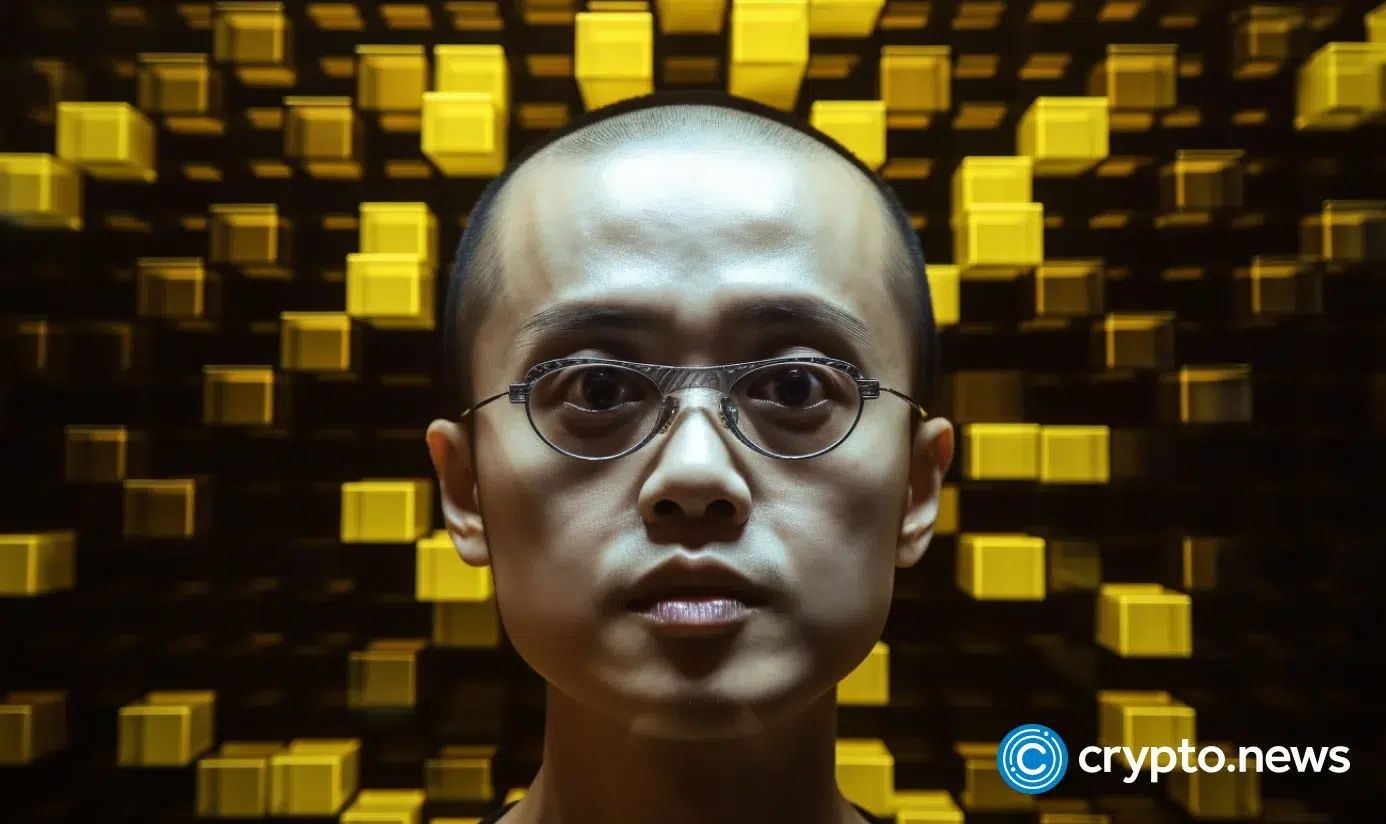





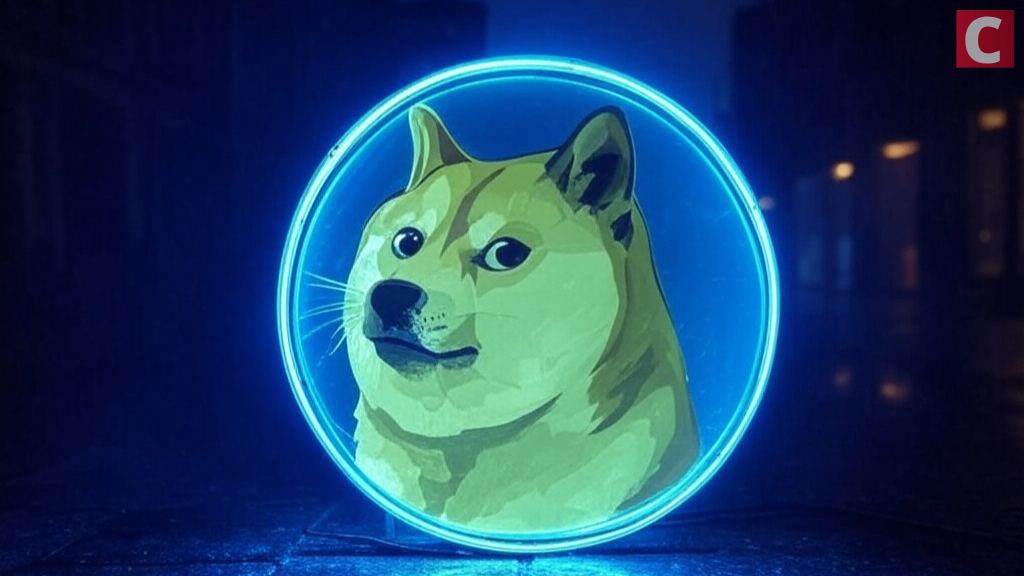
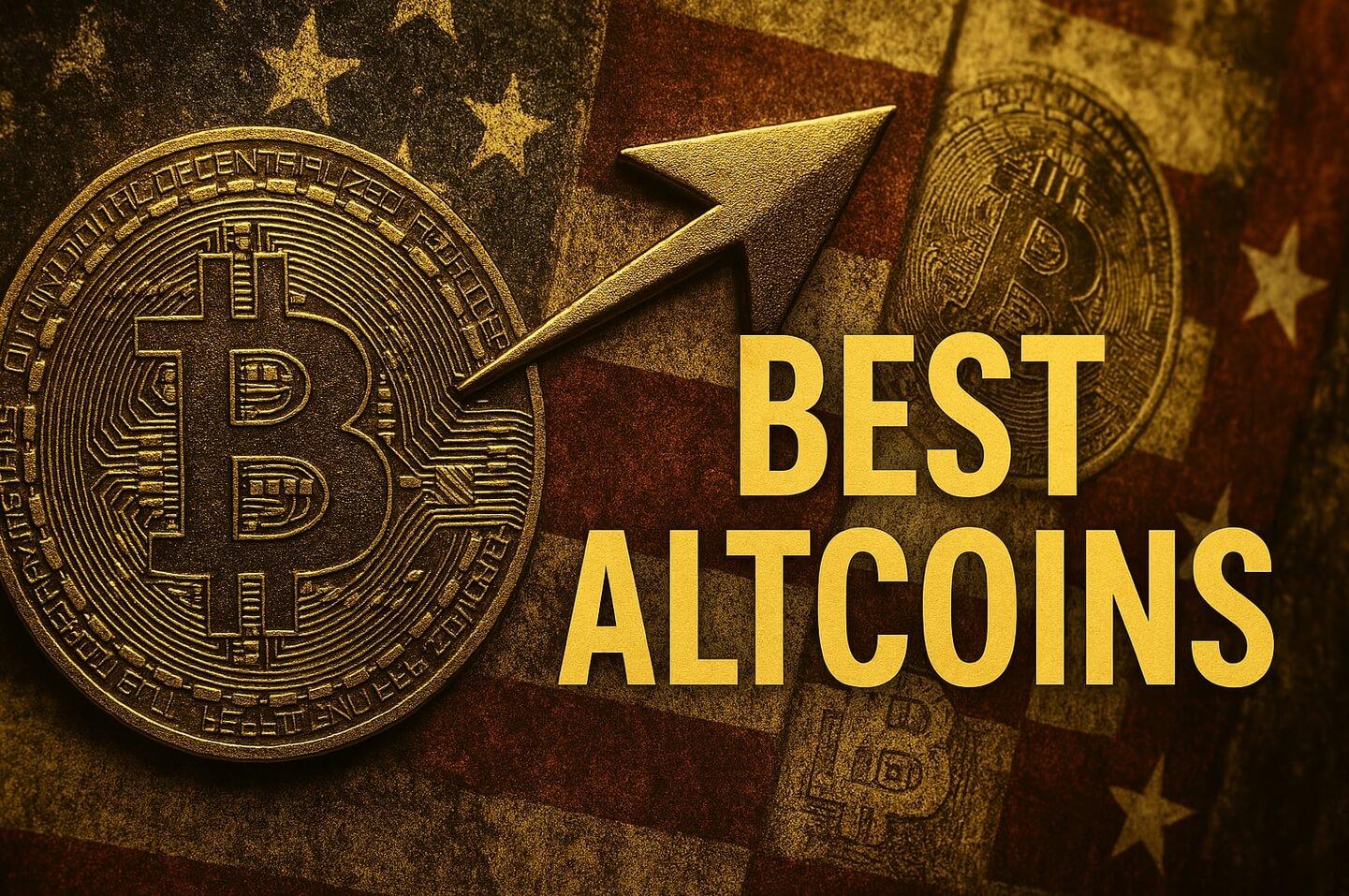

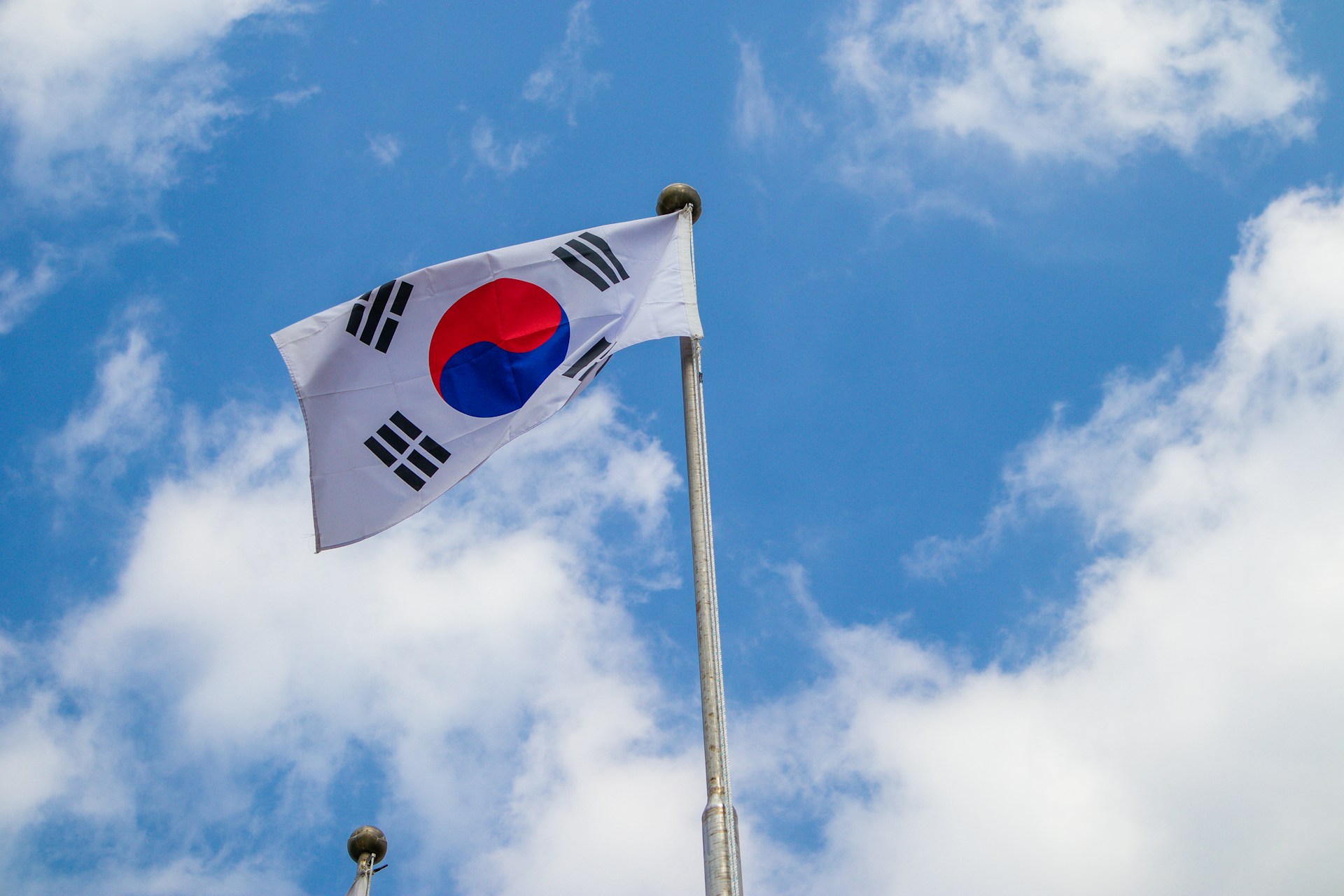


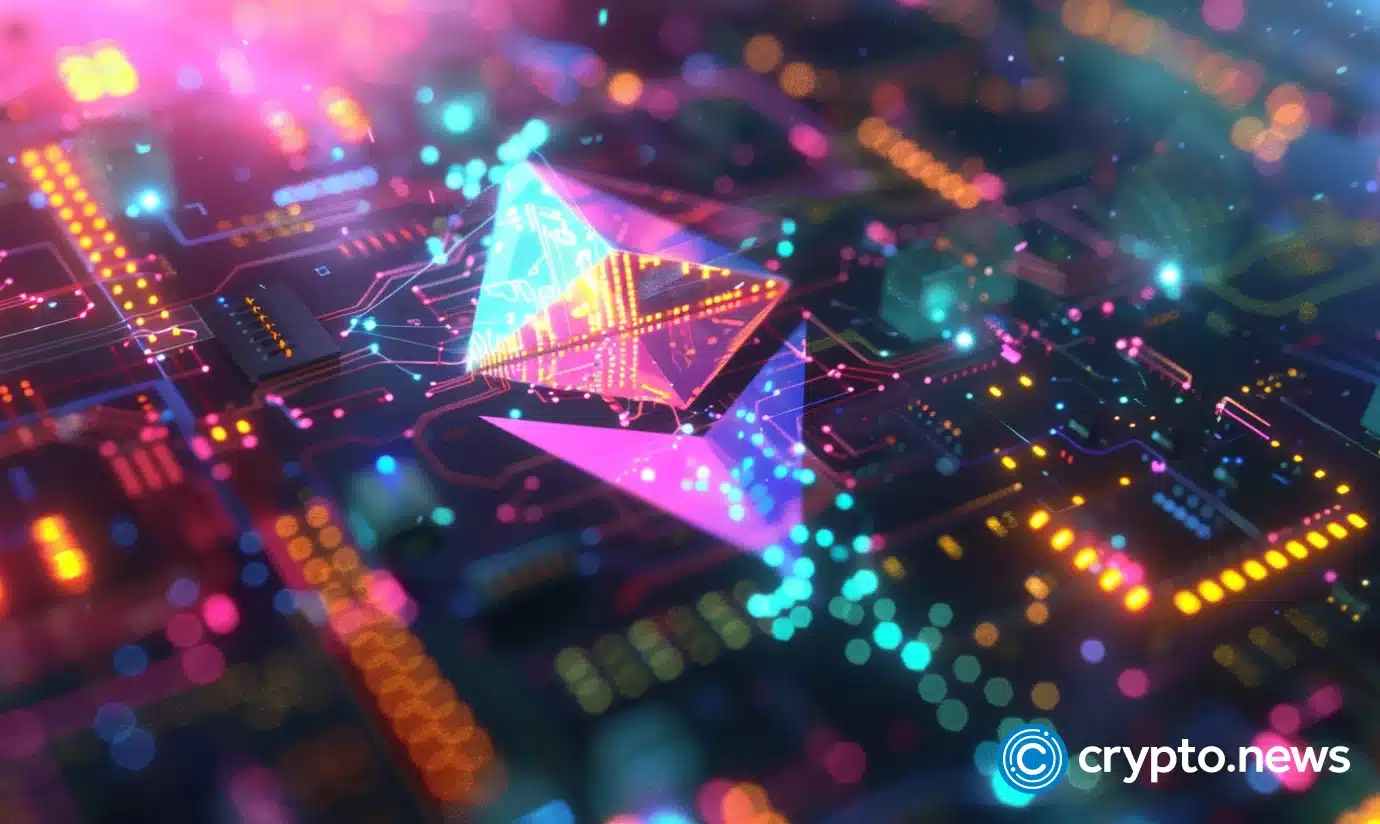


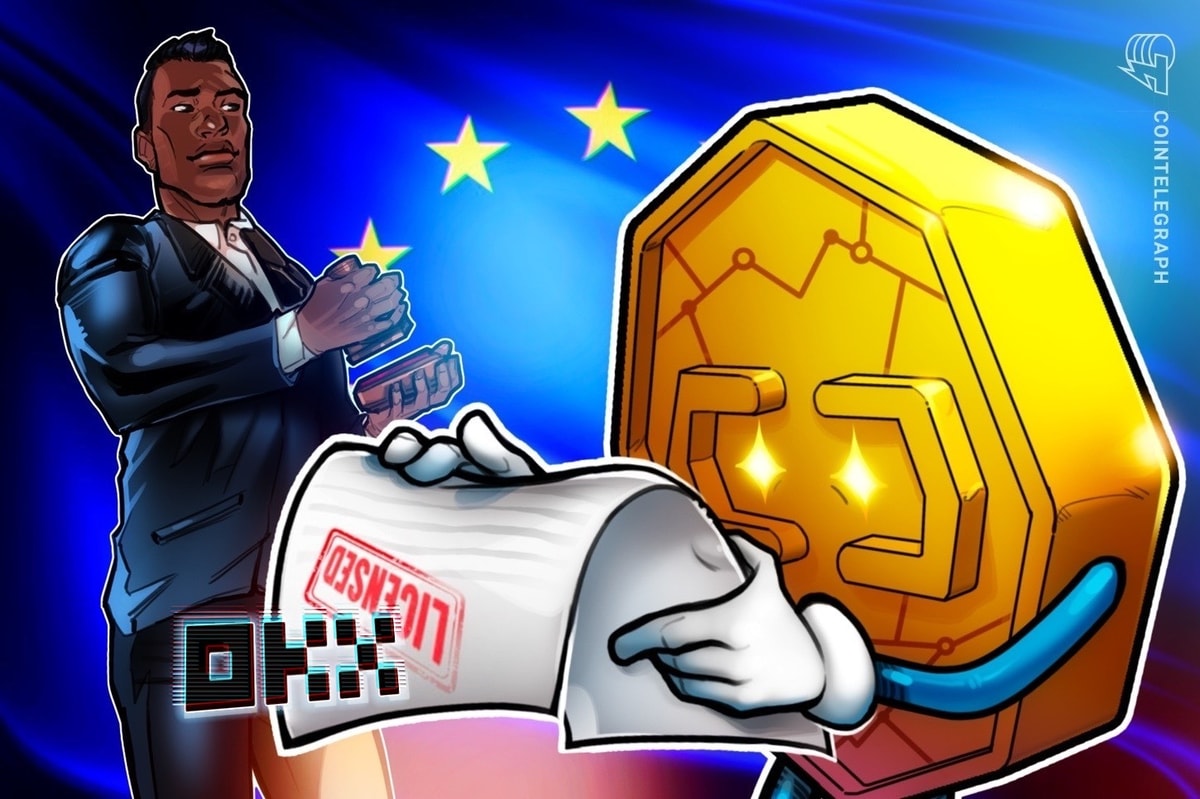
 English (US) ·
English (US) ·